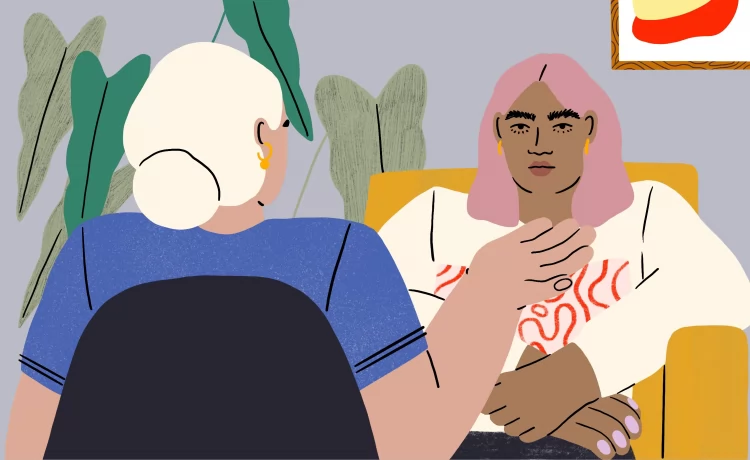Dialectical behaviour therapy (DBT) has been the go-to treatment for borderline personality disorder (BPD) for decades, and with good reason – DBT has been proven to be the most effective treatment out there! In this article, we’ll take a look at what DBT is, how it works, and what makes it so special when it comes to treating BPD. We’ll also discuss some alternative treatments that you might find useful as well.
Learning About DBT
Dialectical behaviour therapy, also known as DBT, is an evidence-based treatment that has been shown to help with a range of mental health disorders and conditions. One such condition is borderline personality disorder (BPD), where it has been shown to be effective in treating the symptoms and behaviours associated with the condition. DBT is a form of cognitive behavioural therapy that helps people learn more adaptive ways to respond to their emotions. It focuses on the way someone’s thoughts, feelings, and behaviours interact with each other.
Applying DBT to Borderline Personality Disorder Treatment
Dialectical behaviour therapy (DBT) is a form of psychotherapy, created by Marsha Linehan and her colleagues at the University of Washington School of Medicine. It was originally developed to treat chronically suicidal patients with borderline personality disorder (BPD). The main goal behind DBT is to help patients develop skills and strategies that will enable them to live life more fully. One such skill or strategy is distress tolerance. This can be defined as the ability to tolerate difficult emotions without engaging in destructive behaviours such as self-harm or suicide. Another skill that DBT teaches is emotion regulation.
Positive Effects of DBT
Dialectical Behaviour Therapy is a type of psychotherapy that has been proven effective for treating symptoms of borderline personality disorder. One study found that dialectical behaviour therapy was an effective treatment for reducing suicidal ideation and self-injurious behaviors, as well as improved quality of life.
Dialectical behaviour therapy is also helpful for people with borderline personality disorder because it teaches skills to help you manage intense emotions, regulate strong impulses, cope with stress, and make healthier choices. In fact, dialectical behaviour therapy can be used by itself or in conjunction with other therapies to treat borderline personality disorder.
FAQ
What is DBT?
DBT stands for dialectical behaviour therapy. It is a form of psychotherapy that was originally developed to treat borderline personality disorder (BPD). The therapy focuses on helping those with BPD to develop skills for managing intense emotional states more effectively.
What skills does DBT teach?
There are four main areas in which people will learn skills with the help of a therapist: mindfulness, distress tolerance, emotion regulation and interpersonal effectiveness. Mindfulness helps people to focus their attention on the present moment, rather than dwelling on past events or worrying about the future. Distress tolerance teaches a person how to cope with difficult emotions without making the situation worse by engaging in self-destructive behaviours such as cutting or suicide attempts.
Emotion regulation teaches how to identify and appropriately express emotions rather than hiding or bottling them up. Interpersonal effectiveness teaches assertiveness and other behaviours to help a person relate better with others. Those taking DBT will also learn how to cope with suicidal impulses and engage with other therapies for treating their underlying mental health problems.
How is DBT typically carried out?
During an average session, you may practice mindfulness by focusing on your breathing and observing your thoughts come and go, while you try not to get caught up in negative thinking patterns.







